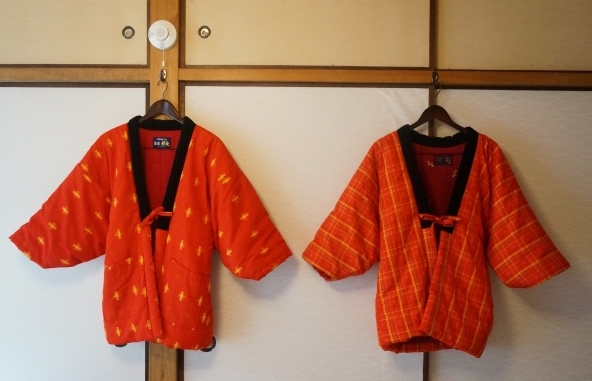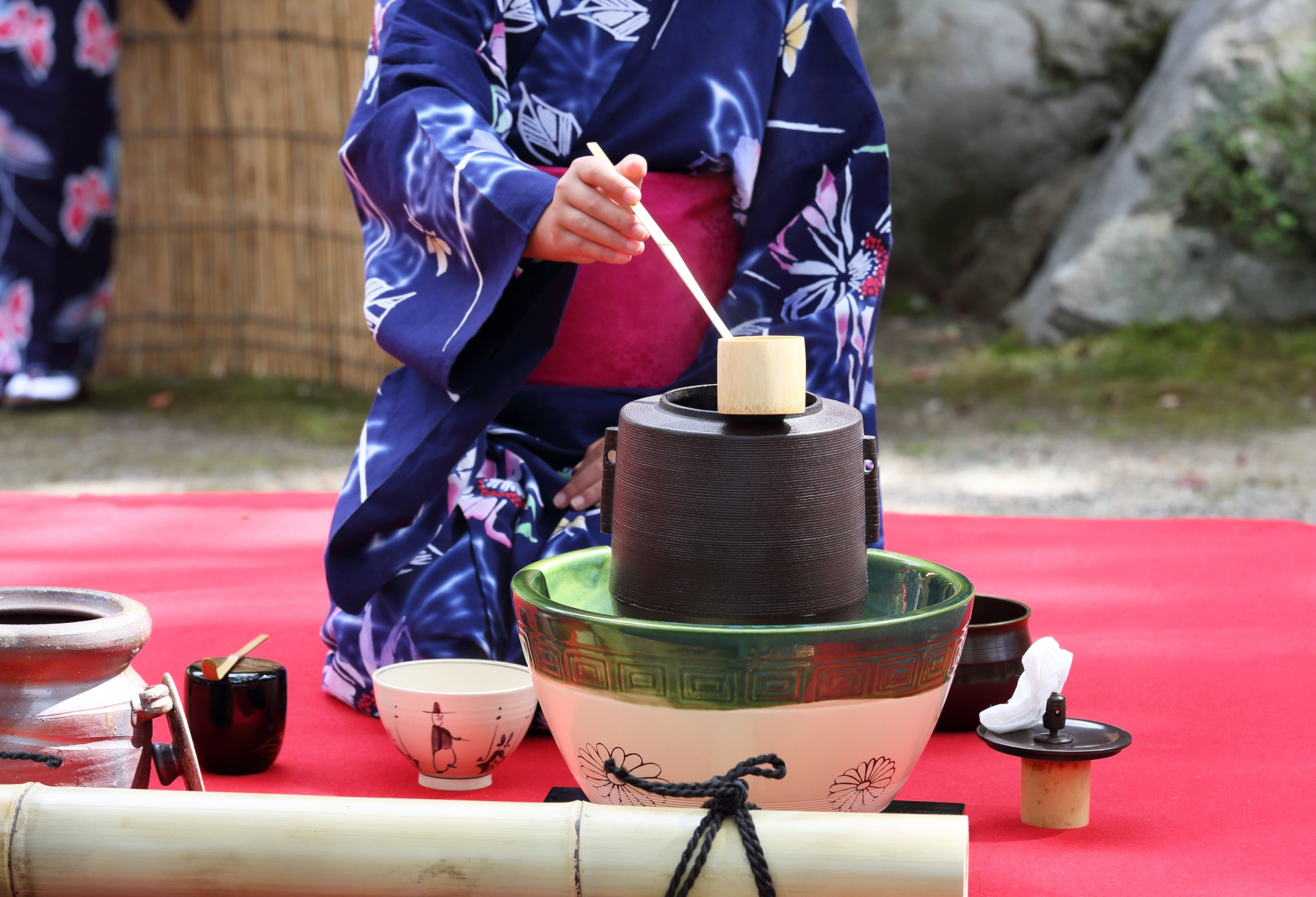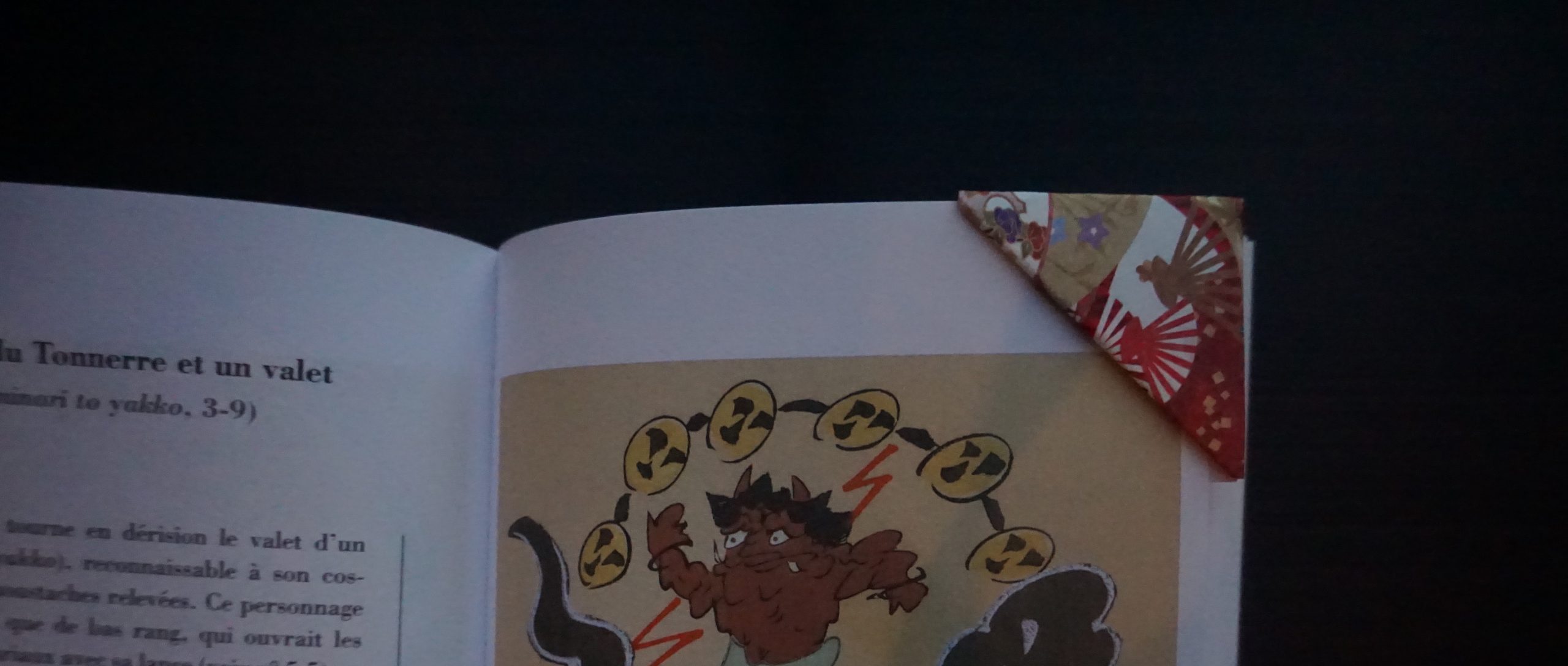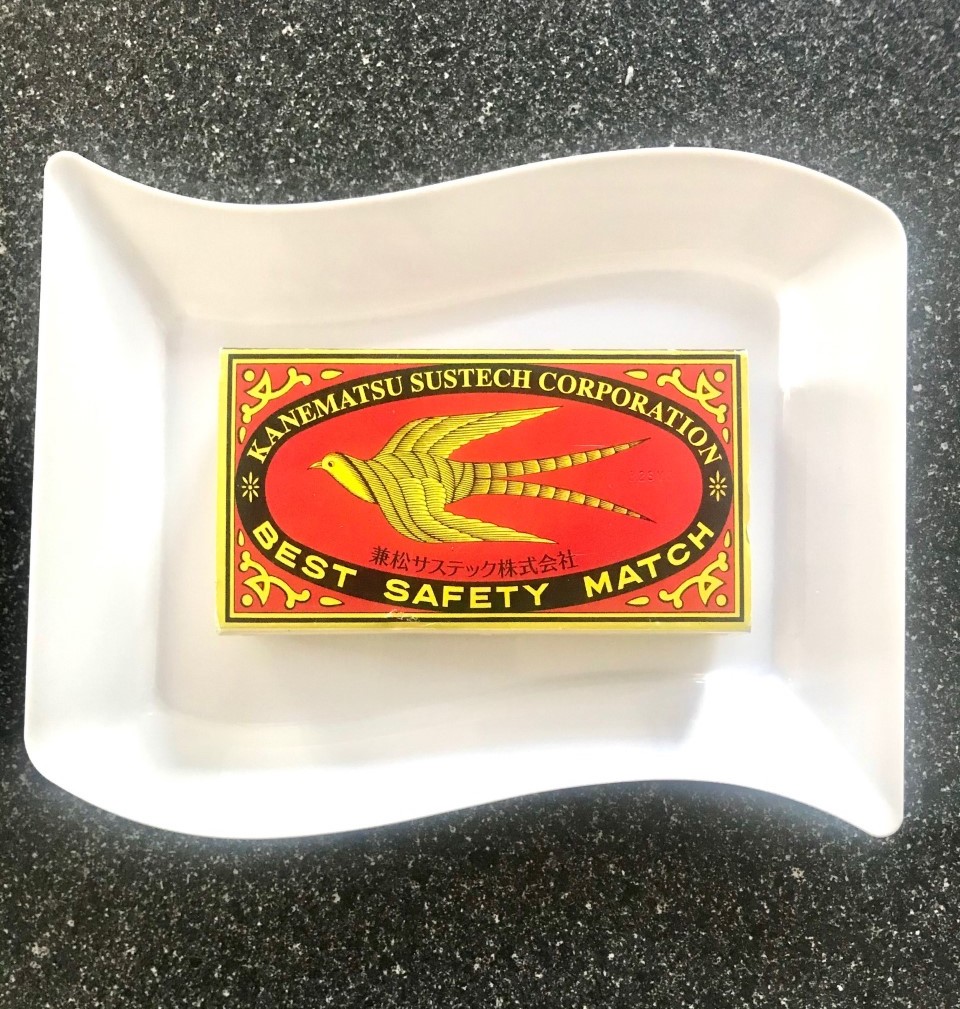和訳は英文の下です。ルビ付けは途中です。 / The Japanese translation is at the bottom of this page. Ruby/Furigana is under construction.
Names With a Riddle
Contents
- “April First” is a name with a riddle
- Three ways to read Japanese surnames
- How to read the characters for a medicine pouch
- “Minai” is a name with a riddle
- “Yamanashi”, another name with a riddle
- Our favorite name with a riddle
**********************************************
1. “April First” is a name with a riddle
Spring has come!
In Japanese, we write April First like this: “四月” (shi-gatsu, meaning the fourth month) “一日” (tsuitachi meaning the first day). These are Chinese characters.
Incidentally, this word “四月一日” can be someone’s surname or family name.
So, you may call them “Hello, Mr./Ms. 四月一日!” but in this case, the pronunciation is no longer “shi-gatsu tsuitachi” but something different.

It’s read “Watanuki”. So, it’s Mr. or Ms. Watanuki.
“WataIt is totally different from our common readings of the Chinese characters. “Watanuki” doesn’t mean “April First”, either. Then how come they read it “Watanuki”?
The reason is: “Wata” means cotton and “nuki (< nukimasu)” means to pull out. In some areas in Japan, traditionally, April First was the day to remove the thick cotton lining from their winter jackets. Therefore some people were called “Cotton Remover” for some reason and they pronounced the Chinese characters for the date that way.
In this post, we will discuss a few unusual names of this type.
2. Three ways to read Japanese surnames
Traditional Japanese surnames are written with Chinese characters. There are tens of thousands of names in Japan, and as a result, sometimes even a Japanese person can’t tell how to read a name just by looking at the character(s).
Then what do we do when we encounter a “difficult” name? We try to read the characters either with the Japanese pronunciation or with the Chinese-oriented pronunciation that we learned at school. Usually one of them works.
Once in a blue moon, however, we see very unusual names like “April First” and for those, our school education may not help.
It is because with these names, the actual (pronounced) name is a word to show a very specific situation described by the Chinese characters.
For example, in a village, the people were supposed to remove cotton from their jackets on April First for so many years that the date and the event became inseparable and identical in their minds.
For those who are outside the village, on the other hand, it is as if the writing and the pronunciation formed a riddle-and-answer relationship.
Below are some interesting examples of names with a riddle.
3. How to read the characters for a medicine pouch
“Minai” is one of the surnames with a riddle.
To our surprise, it is spelled “薬袋” (the Chinese character “薬” means medicine and “袋” bag or pouch).
We learned that we should read the character “薬” “kusuri” (a native Japanese word for medicine) or “yaku” (a Chinese sound for this character), and “袋” “hukuro” (a native Japanese word for pouch) or “tai” (a Chinese sound for this character).
Thus in Japanese, there are usually two ways to read a Chinese character.
Therefore, for one, we can read “薬袋” “yaku-tai”, a term for the special envelope that pharmacists use to give you medicine. (Generally speaking, professional, specialized terms often use the Chinese sound.)
And alternatively, we can read the same characters “kusuri-bukuro”, when we mention a little pouch to carry our personal medicine. (As for the reason why “hukuro” changes to “bukuro” in this case, we will discuss in another post.)
4. “Minai” is a name with a riddle
Then why do they read “薬袋” “Minai” when it is a surname?
A popular story has a connection with Takeda Shingen, a famous warlord in the 16th Century. Not only strong at war, he actively worked on flood management and brought some land under cultivation, and was revered by the people of his region. There are a lot of legends about him in the area he used to rule. (For more interesting stories about Shingen, please read another post => The Kai-ken Dog and Yamanashi Prefecture)
When Shingen accidentally dropped his medicine pouch, and people picked it up, they wouldn’t look in it. Because the knowledge would reveal their lord’s health condition and be disrespectful or potentially dangerous for him, they called the medicine pouch “minai (not look)”. Maybe someone who actually picked up Shingen’s medicine pouch wanted to be called with that name.
Another story is that the people of this area were so healthy and lived so long that they never even had to glance at their medicine pouch. That’s why they called themselves “Minai” and pronounced it using the Chinese characters meaning “medicine pouch”.
5. “Yamanashi” is another name with a riddle
“Yamanashi” is another surname with a riddle. It can be a place name, and it is also the name of a prefecture. (For more interesting stories about Yamanashi Prefecture, please read this post => The Kai-ken Dog and Yamanashi Prefecture)
“Yama-nashi” sounds like “mountain pear” or “mountains do not exist”.
In many cases, including the prefecture, we spell “Yamanashi” “山梨”. The characters are “mountain” and “pear” respectively. It is easy to read and understand. The reading of the characters is basic and the area has been known to produce the fruit for centuries.
However, there is an old custom to spell “Yamanashi” with: “月見里”. These Chinese characters mean the moon, view, and village, respectively.
It’s a very difficult name to read as you can’t associate any of the characters with the word “Yamanashi”. I used to think I should read “月見里” “Tsuki-mi-sato” or “Tsuki-mi-zato”. Those were the basic readings of those characters I learned in elementary school, and they simply meant “Moon-View-Village” in native Japanese.
Reading it “Tsuki-mi-sato” is accepted, but, a more traditional reading is “Yamanashi”. Why?
Remember it’s a name with a riddle: If there are no mountains around you, what happens? You can have a good view of the moon in your village! Hence the characters “月見里” (moon-view-village) were applied for the word “Yamanashi”.
It is a very poetic naming.
6. Our favorite name with a riddle
Lastly, here is our favorite surname with a riddle: Takanashi.
It’s a common name if it’s spelled “高梨”. The Chinese character “高” means tall or high and “梨” a pear (fruit) or a pear tree. And the pronunciation of each character naturally leads us to read it Takanashi.
However, there is another spelling for Takanashi. Totally unexpectedly, they spell it “小鳥遊”. The Chinese characters “小” means small, “鳥” means bird, and “遊” means to play. No pronunciation of these characters indicates the word “Takanashi”.
Now, as you already know, it is a name with a riddle: When can little birds play happily?
The answer: When there are no hawks around.
“Taka” also means “hawk” (the Chinese character is “鷹”). “nashi” also means “do not exist”. Put together, it becomes ”Taka-nashi (“鷹無”, no hawks)”.
It is said that actually only about thirty people still have this name in Japan.
But this name is so pretty and sweet that some women have used it as their pen-names and stage names. I know so well that wild birds play happily when there is no hawk in our yard, that this can be my adopted name, too…but it may be too cute.
Related Posts
[End of the English Post]
なぞなぞになってる名前
目次
- 四月一日はなぞなぞになっている名前
- 日本の名字の三通りの読み方
- 「みない」という名
- 「やまなし」という名
- 「たかなし」という名
********************************************************
1.四月一日はなぞなぞになっている名前
春が来ました!
ところで、日本語では、四月一日は人の名前でもあります。
「こんにちは、四月一日さん!」と呼びかけることができるんです。ただ、この場合、「しがつついたち」ではなく、他の読み方をします。
これは、「わたぬき」と読みます。
「こんにちは、わたぬきさん!」
です。しかし、「わたぬき」はこれらの漢字のもとの読み方とは違います。四月一日という意味でもありません。なぜこんな読み方をするのでしょうか。
その理由は、ある地方で、四月一日は、冬の間着ていた着物から厚い綿の裏打ちを抜き取る日だったからです。何かの理由で「わたを抜くこと」を名乗り、それを日付を表す漢字で書くことにした人々がいたのですね。
この投稿ではこのような興味深い名前の読み方についてお話ししたいと思います。
2.日本の名字の三通りの読み方
日本の伝統的な名字は、漢字で書かれます。日本の名字は何万種もあり、漢字を見ただけでは日本人でも読み方がわからないものがあります。
では、実際に私たちが「難しい」名前に出会ったとき、どうするか。まず、学校で習った訓読みか、あるいは音読みで読めるかなと考えます。たいていはこのどちらかで読めます。
ところが、たまに、「四月一日さん」のように、学校で得た知識では読めない、珍しい名前があります。
それは、実際の (発音される) 名前が、漢字で表されたある状況を表す、別の言い方になっているためです。
例えば、ある村では長い長い間、四月一日には必ず綿抜きをすることになっていた。あるいは、ある家で必ず四月一日に綿抜きをするしきたりになっていた。それで、ついにはそこでは、その日付と重要な行事またはその一族が不可分になり、同一視されるようになった、というような。
ただ、その共同体の外の者には、書かれた名前とその読み方が、謎解きのような関係に見えます。
以下、このような「なぞなぞになっている名前」の面白い例をご紹介します。
3. 薬袋の読み方
「みない」という名字は、なぞなぞになっています。
なんと、漢字で、「薬袋」と書くのです。
「薬」は、訓読みで「くすり」、音読みで「やく」、同様に「袋」の読み方は「ふくろ」と「たい」と読むと学校で習いました。
このように、ひとつの漢字には通常読み方が二つあります。
そこで、ひとつには、「薬袋」は「やくたい」と読みます。薬局で薬を入れてくれる封筒のことです (一般的に、音読みは専門用語に多い)。
また、自分の薬を袋に入れておく人は、それを「薬袋」と書いて「くすりぶくろ」と読むでしょう (「ふくろ」がなぜ「ぶくろ」になるかについては、別の機会に投稿します)。
4.「みない」という名はなぞなぞになっている
では、なぜ名字の場合、「薬袋」を「みない」と読むのでしょうか?
16世紀の戦国大名、武田信玄にまつわる話がよく知られています。信玄は戦いに長けていただけでなく、治水や開墾をよく行い、地域の人々にあがめられていました。信玄が治めていた地方には、信玄の伝説がたくさんあります (信玄とその逸話については、こちらの投稿もどうぞ => 甲斐犬と山梨県)。
信玄がうっかり薬の袋を落とした時、人はそれを拾っても、中を見ませんでした。薬を見れば、お館様の健康状態がわかってしまう。それは失礼だし、もしかしたらお館様の危険を招くかもしれません。それで、薬袋を「みない」と呼んだのです。信玄の袋を実際に拾った人がそう名乗ったのかもしれません。
もう一つの説は、信玄とは別に、この地域の人々はとても健康で長寿で、薬の袋なんて目もくれなかった。それで、「みない」と名乗り、その言葉に「薬袋」という漢字を当てたといいます。
4.「やまなし」という名
「やまなし」もなぞなぞになっている名前です。名字でも地名でもあるけれど、県名としてよく知られています。(山梨県についても、こちらの投稿をどうぞ => 甲斐犬と山梨県)
「やまなし」は、「山の梨」または「山が無い」と聞こえます。
多くの場合、県名も含め、「山梨」と書きます。読みやすいし、理解しやすい。漢字の読み方は基本だし、この地域は梨が穫れることで古くから知られています。
しかし、「やまなし」には、昔から「月見里(漢字はそれぞれ「月」、「見る」、「村里」という意味)」という漢字も当てられていました。
どの漢字も「やまなし」という読みにつながらないので、これはとても難しい読み方です。私は、最近まで「つきみさと」か「つきみざと」と読むと思っていました。
それでもいいのです。しかし、より伝統的な読み方は「やまなし」です。なぜでしょう?
これは、なぞなぞになっている名前でしたね。自分の村の周りに山がなかったらどうなるでしょうか? 月がよく見えますね。それで、「月見里」という漢字を「やまなし」という言葉に当てたのです。
風流な名付けだと思います。
5.「たかなし」という名
最後に、とっておきの例をご紹介します。「たかなし」といいます。
高い梨の木、という意味かもしれません。漢字で「高梨」と書けば、普通の名前です。
しかし、「たかなし」にはもうひとつ書き方があります。とても変わっていて、「小鳥遊」と書くのです。この漢字のどれも、「たかなし」とは読めません。
もうご存知のように、これもなぞなぞのある名前です。どんな時に小鳥は安心して遊べるでしょうか?
答え:鷹がいない時です。
「たか」には他の意味があり、「鷹」、「なし」も「無し」という意味があります。合わせると、「たかなし」(鷹がいない) になります。
実際には、日本に30人ぐらいしかこの名前の人はいないそうです。
でも、この名前はとても綺麗でかわいいので、これを自分の芸名や筆名にする女性がよくいます。鷹のいないとき野鳥が楽しそうに遊ぶのをよく知っているので、私もこれを新しい名字にしたいです。私にはちょっとかわいすぎるかもしれませんが。
関連記事
[print-me]




